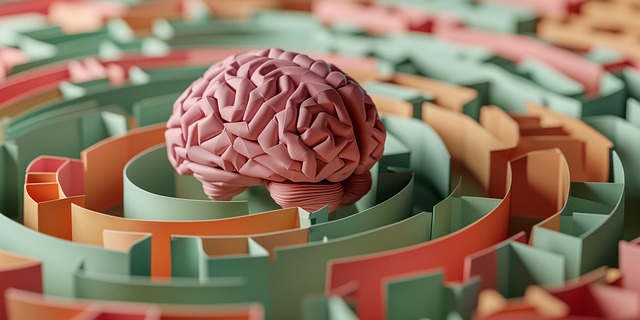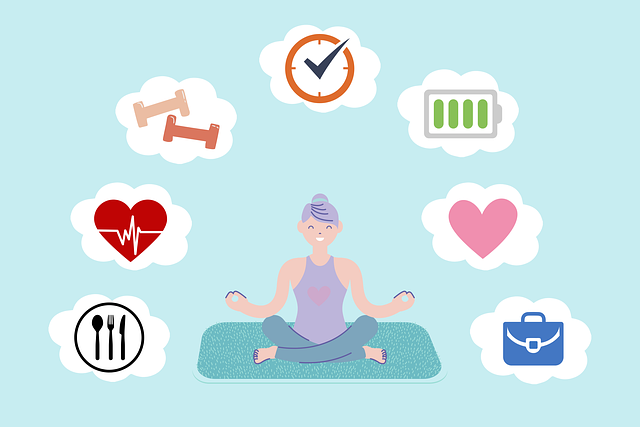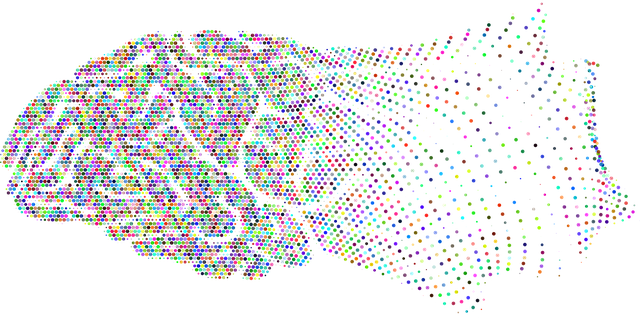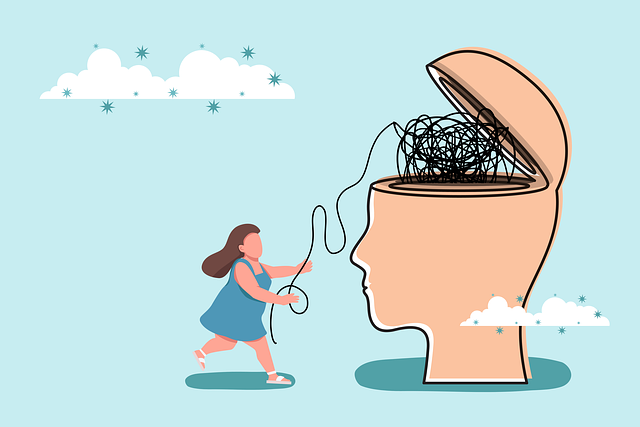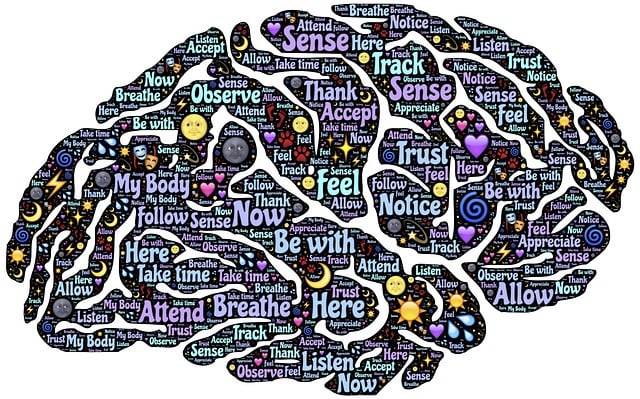Self-care is a key aspect of managing neuro disorders, as highlighted by Englewood Neuro Disorders Therapy (ENDT). ENDT offers a holistic approach focusing on seven steps: cultural sensitivity, realistic goal setting, routines development, community engagement, rest, relaxation, and healthy eating. Techniques like Emotional Intelligence and Stress Management empower individuals to manage symptoms and improve long-term mental health. Through mindfulness meditation and tailored interventions, ENDT fosters resilience and emotional regulation, ultimately enhancing overall well-being.
Self-care is an essential component in managing neuro disorders, offering a path towards improved well-being and quality of life. This article explores how adopting effective self-care practices can significantly aid individuals navigating neuro disorders. We provide a comprehensive guide on enhancing routines, featuring actionable steps for better mental and physical health. Additionally, we delve into the transformative role of Englewood Neuro Disorders Therapy, highlighting its contribution to personal growth and holistic well-being.
- Understanding Self-Care and its Significance in Overcoming Neuro Disorders
- Strategies for Enhancing Self-Care Routines: A Step-by-Step Guide
- The Role of Englewood Neuro Disorders Therapy in Personal Growth and Well-being
Understanding Self-Care and its Significance in Overcoming Neuro Disorders

Self-care is a fundamental aspect of maintaining mental health and well-being, especially for those living with neuro disorders. It involves intentional actions taken to nurture one’s physical, emotional, and psychological needs, fostering resilience and overall life satisfaction. In the context of Englewood Neuro Disorders Therapy, understanding self-care practices is pivotal in managing symptoms and enhancing the quality of life for individuals navigating these challenges.
By incorporating strategies such as Emotional Intelligence and Conflict Resolution Techniques, patients can develop a deeper awareness of their emotions and better manage stressors. Additionally, learning effective Stress Management techniques enables individuals to confront daily pressures while cultivating a sense of calm. These self-care practices not only support the individual’s journey towards recovery but also empower them to proactively maintain their mental health in the long term.
Strategies for Enhancing Self-Care Routines: A Step-by-Step Guide

Creating a robust self-care routine is transformative, fostering mental and emotional well-being. At Englewood Neuro Disorders Therapy, we emphasize a holistic approach, recognizing that self-nurturing is a journey unique to each individual. Here’s a step-by-step guide to enhance your practices:
1. Identify Your Needs: Start by acknowledging your body’s signals. Are you feeling stressed, anxious, or exhausted? Understanding these cues is the first step towards prioritizing your mental wellness.
2. Cultural Sensitivity in Mental Healthcare Practice: Incorporate cultural awareness into your self-care routine. Engage activities that resonate with your cultural background, seeking support from communities or therapists who understand and respect your traditions.
3. Set Realistic Goals: Define achievable objectives for your self-care journey. Whether it’s practicing mindfulness for 10 minutes daily or engaging in regular exercise, small, manageable steps lead to lasting change.
4. Develop a Routine: Consistency is key. Establish a consistent schedule for your self-care activities, integrating them into your daily or weekly routine. This could include dedicated time for hobbies, meditation, or connecting with loved ones.
5. Public Awareness Campaigns Development: Stay informed about mental health initiatives and campaigns that inspire and motivate you. These can provide valuable insights and strategies to enhance your personal practices while contributing to a supportive community.
6. Prioritize Rest and Relaxation: Ensure adequate sleep, as it forms the foundation of self-care. Explore relaxation techniques like deep breathing exercises, yoga, or journaling to unwind and reduce stress effectively.
7. Nourish Your Body: Eating healthily fuels your mind and body. Incorporate nutritious meals and snacks into your routine, ensuring a balanced diet that supports overall well-being.
The Role of Englewood Neuro Disorders Therapy in Personal Growth and Well-being

Englewood Neuro Disorders Therapy plays a pivotal role in fostering personal growth and enhancing well-being. Through tailored interventions and specialized techniques, this therapy addresses not just the symptoms but also the underlying causes of various neuro disorders. By focusing on coping skills development, individuals learn effective strategies to manage stress and challenge, thereby preventing burnout and promoting resilience.
One of the key components of Englewood Neuro Disorders Therapy is mindfulness meditation. This practice helps individuals cultivate present-moment awareness, leading to improved emotional regulation and enhanced overall mental clarity. By integrating these practices into daily routines, individuals can create a deeper sense of balance and harmony, contributing to their holistic well-being.
Incorporating effective self-care practices, as highlighted by the strategies outlined and enhanced by Englewood Neuro Disorders Therapy, is a powerful tool for managing neuro disorders. By understanding the significance of self-care and following a structured guide, individuals can embark on a journey of personal growth and well-being. This transformative process allows one to navigate life’s challenges with resilience, fostering a vibrant and fulfilling existence.
